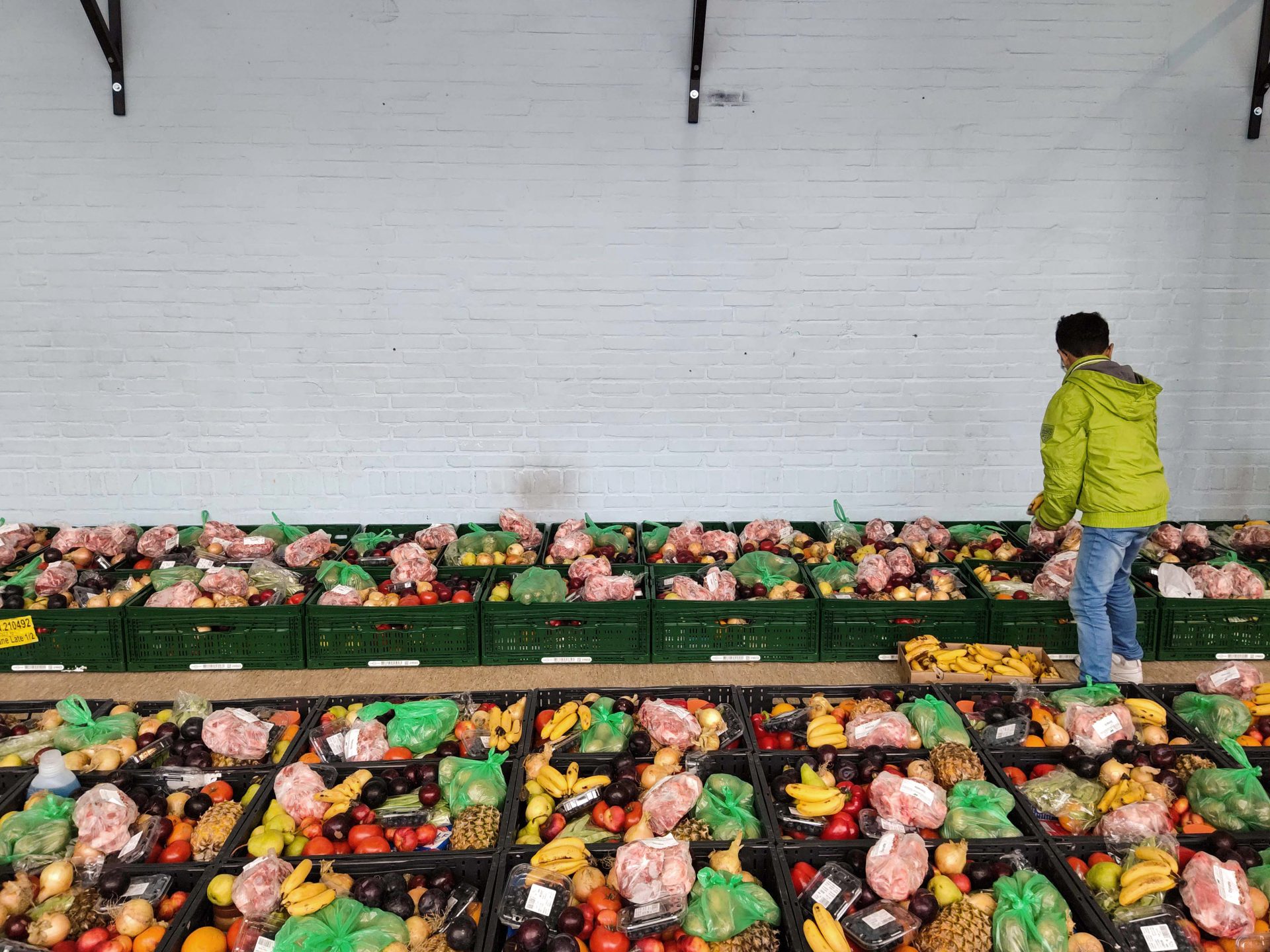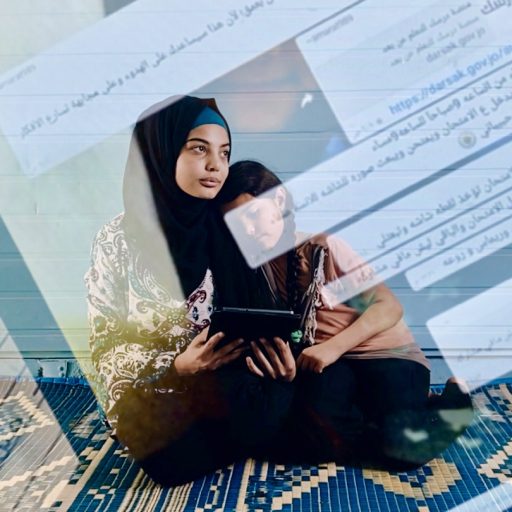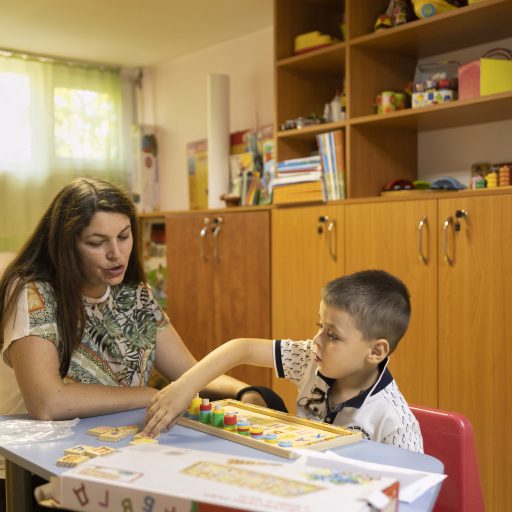LIFE IN A CARBON SHADOW
The recent European Union report stated that Bosnia-Herzegovina has the continent’s deadliest air pollution. It also stated that 27% of deaths are due to to environmental factors. Bosnia’s extensive network of coal powered power plants and large steelworks factory situated in urban centres of Tuzla and Zenica are the biggest contributors to the devastating air pollution in the country. Massive outdated power plants and steelworks factories operate with little environmental concerns. They rely on cheap coal low in energy value and high in sulphur content. In 2017 WHO confirmed Bosnia had the worst air in Europe, in 2021 the country remains European hot spot of air pollution.
Hundreds of thousands of Bosnians are living in the proximity of mismanaged toxic waste disposals and massive polluters.
Truth, veracity and trust are a part of the photojournalist mantra. With the history as long as the photojournalism manipulation created a devastating gap between photojournalists and the audience. Advent of digital technologies exacerbated the problem to unforeseen levels. It fuelled the “media as the enemy of the people” rhetoric with all the ammo it ever needed.
However, for the first time in the history of photojournalism we have a technology and tools to help us win some of that trust back. Finally we can create content with embedded essential metadata that can’t be altered and are visible to the end user, we can edit the content while preserving all the metadata, attribution, edits and changes in such way that both clients and audience can review the history of the photograph whenever in doubt. Eventually we can publish the content in a verifiable manner thus limiting the potential digital manipulation to a bare minimum. Finally the DNA of the photograph is safe! Power to create authentic content and the sole responsibility for the veracity of it is back in the hands of the authors.
| Ziyah Gafic
TURNICKI NATIONAL PARK
In 2018, contrary to the appeals of scientists, ecologists, and thousands of Poles, the Environment Minister signed a plan to log in a well-preserved natural forest – the relict Carpathian Forest in South-Eastern Poland. By 2026, State National Forests will obtain as much as 1.2 million cubic meters of wood from that region.
According to some experts, implementing these plans will lead to the destruction of natural resources, which Turnicki National Park would protect. Monumental beeches, firs, oaks, limes, and maples play a crucial role in shaping the natural environment necessary to sustain rare species.
Ecological organizations have been trying to protect invaluable areas of the relict Carpathian Forest for decades. Scientists first established the need to preserve that land in the 1930s.
National Forest employees argue that people have managed most of the forest since the early 20th century. They contend that the work they do is necessary to keep forests safe for tourists and residents. “What we do is exactly the same as what nature does. We just do it a bit faster,” they told me.
I met protesters who said that they love nature. They understand nature differently than the foresters who believe that love equals protection.
I chose this story to test the Content Authenticity Initiative because environmental news stories often produce conflicting political views and can be manipulated to spread fake news.
The region has a unique history. Arłamów, a private resort built in the70s for communist dignitaries, forms part of the Turnicki National Park. When Polish communists invited a foreign guest to Arłamów, they treated that person courteously. The long list of foreign VIPs who hunted at the resort includes the president of France, Valéry Giscard d’Estaing; the last Shah of Iran, Mohammad Reza Pahlavi; and the leader of Yugoslavia, Josip Broz Tito. Tito fulfilled one of his dreams and shot a European bison at Arłamów. The local community has never felt that it’s their forest. After the fall of communism, Arłamów was converted into a luxury resort with a remote hunting site.
Even though commercial hunting is an expensive hobby, the financial benefits for the National Forest budget are negligible. Ecologists argue that people who hunt are influential in regional dealings.
| Maciek Nabrdalik
FOOD WASTE
About a third of all the food produced in the world for human consumption is lost or wasted. This is not only an ethical and economic issue, but wasting food also depletes the environment. And natural resources are all ready limited. For the CAI project I focussed on food waste, not only by showing the wasted food, but also pinpointing out some solutions.
Doing research before a shoot is always an important part of the process for me as a photojournalist. I want to get the facts right and want to make sure I reflect the truth of a story. After the research phase, there is a chain of stages that follow; capturing the images, editing and publishing.
In recent years there has been a growing lack of trust in the media. As a photojournalist I have noticed the consequences. Especially on social media viewers claim images to be ‘fake’. This of course is a result of the endless amount of images that are being shared online, some of them being altered without the viewer knowing.
With CAI the images that I take will have capture-data that cannot be altered, without it showing up. I feel this can create a new trust in images that are being made, edited and shared. By adding tamper-evident data about how an image was created or edited, I feel audiences will regain their trust into what they are looking at online. There will be more transparency which will also, hopefully, make my job safer again. I have felt the rising tension towards media firsthand and I hope by having CAI this will dissolve.
| Ilvy Njiokiktjien


